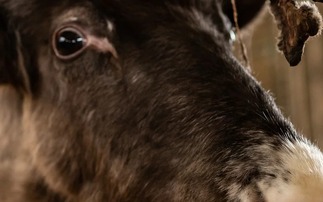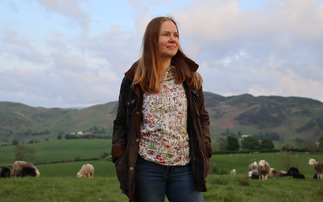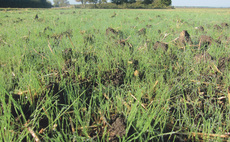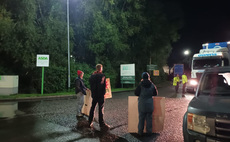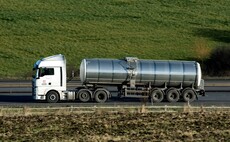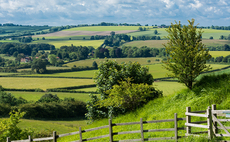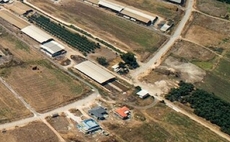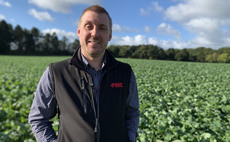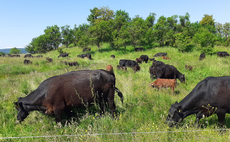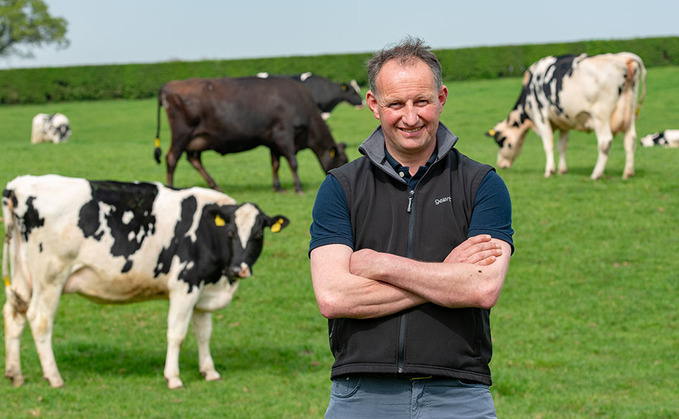
Early February and the winter, though kind in weather, feels like it is dragging its heels.
That said, the new year brings conference season, albeit face-to-face meetings which are so good for meeting old friends and making new ones are once again challenged by Covid-19.
Virtual meetings have surged and I am glad, as the information which drives our industry keeps on coming.
The recent British Cattle Breeders Conference highlighted that methane emissions, which the UK livestock sector is regularly criticised for, were not being recognised as emissions which degrade at a far faster rate than current models recognise.
So, provided the country does not increase cattle numbers from where we are today, then global cooling from UK agriculture is a real prospect.
It was great to hear recognition of the reduction in methane as a result of more productive/efficient cattle too.
From a dairy farmers point of view, yields have greatly improved in recent times across all systems, whether it be grass-based or high input.
For me, information provided by AHDB has been essential in driving these yield gains while, at the same time, improving cow health and durability.
Responsible Use of Medicines in Agriculture has recently highlighted how we, as a country, without Government legislation, have made reductions in antibiotic use which could be described as impressive, if not world-leading.
All that said, renewed pressure on the use of current antibiotics causes me a degree of concern, but I am hopeful the world of vaccinations will come to the rescue with user-friendly preventative solutions.
The UK livestock industry is answering the call of national and international bodies calling for steep reductions in the use of these medicines and seems to be making excellent progress.
My concern is the British public could unwittingly be buying foodstuffs from countries with lower standards than ours, thereby exposing themselves to potential risk. It is possible UK livestock farmers may not get the recognition they deserve for improving food safety.
This seems to me to be yet another example of where UK farming complies to gold-plated standards, only for cheaper foodstuffs from elsewhere, produced with significantly lower standards, are seen to fill our shelves.
With one eye on spring, jobs at home are very much yard-based. All turkey pens are now converted and filled with youngstock. The routine of cleaning boxes, dehorning calves and trimming cows feet keeps us occupied nearly all day between milkings and routine dairy cow work.
In years gone by, spring spreading of fertiliser was a relatively benign operation. However, this year, a quiet evening with the calculator raised a few eyebrows on how much the cost of growing food was actually going to be.












